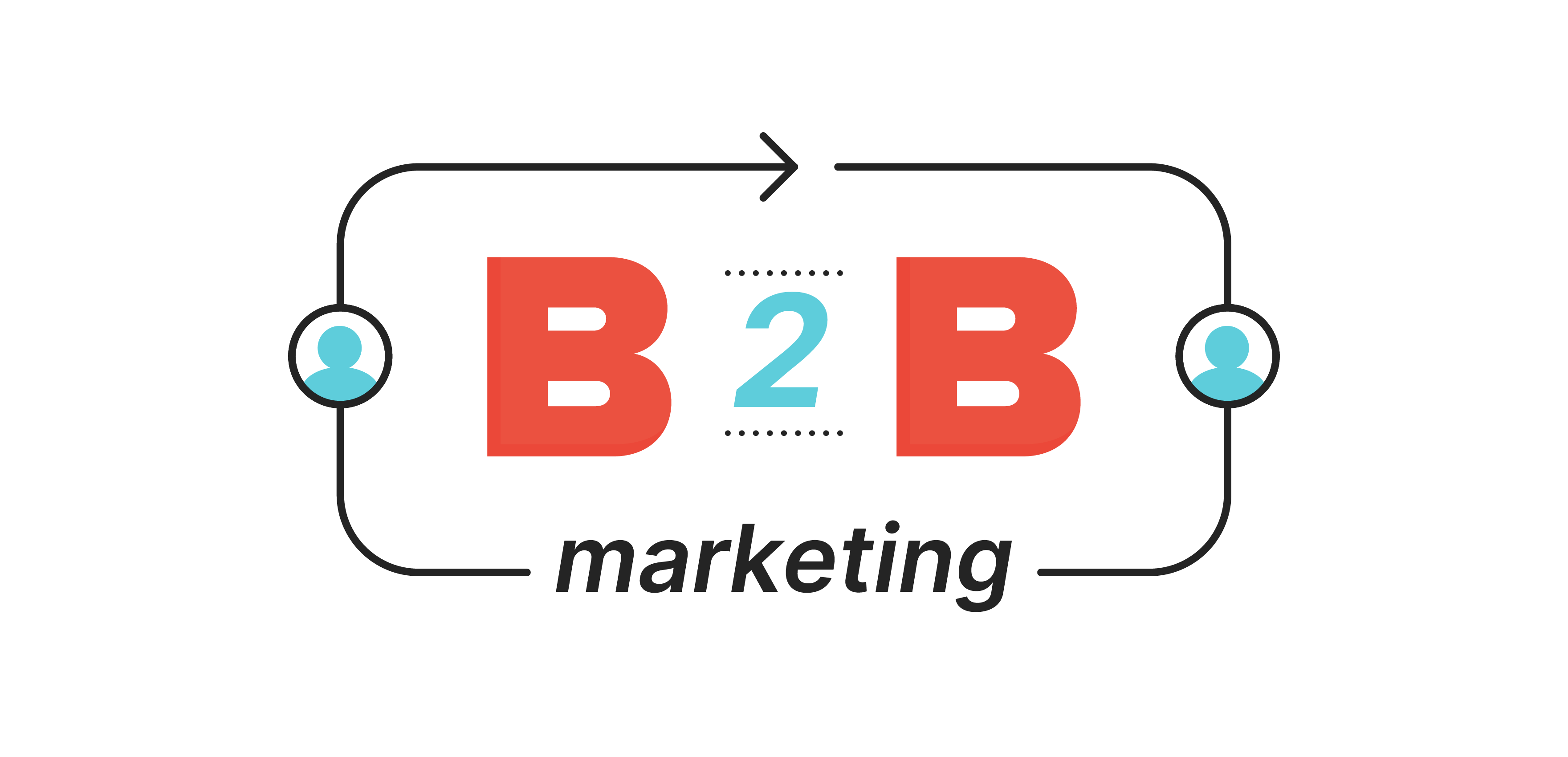The world we all live in today flourishes with new-age technology, flooded media, and access to the Internet in the palm of our hands. With the heavy influence of a digital-first world, there are a number of different variables business-to-business (B2B) decision-makers must consider when making a purchase. Now more than ever, the customer experience is the most critical aspect when it comes to gaining and retaining business. B2B marketers are starting to take a look across the entire funnel of the consumer journey to create successful omnichannel marketing campaigns that align with their business goals. Remember, no two journeys are the same.
There’s a lot to learn about the customer experience in a B2B marketing world today. B2B marketers will continue to lose qualified leads if they don’t study the consumer journey of their customers. With the awareness of consistency across all platforms, interpreted data, and Account-Based Marketing, the possibilities of B2B growth are endless.
Brand & Message Consistency
There must be consistency across all channels, with a common message and common thread. This is also known as omnichannel marketing, providing a consistent and personalized experience to consumers to simplify their customer journey.
Data is Everywhere
One of the biggest obstacles to creating a consistent customer experience lies in the data itself. We don’t have a data collection issue, we have a data interpretation issue. Many B2B marketers struggle because there is more data and digital exhaust than ever before. According to Sean Crowley, Senior Director in Integrated Marketing at Dun & Bradstreet, B2B marketers want to know:
- How do you map out the interaction points for customer touchpoints?
- How to interpret and create more insight from the customer journey.
- How do you use the data to your benefit?
- How do you create segmentation strategies and then implement them?
Key Findings:
According to Crowley:
- Over 80% of B2B Marketers said delivering a consistent customer experience across their various online and real-world channels is extremely or very important
- 84% of respondents indicate their marketing teams will put more focus on data and analytics over the coming year
- There is a 20% year over year increase in CDPs (Customer Data Platform)
What is Account-Based Marketing (ABM)?
Understanding your core audience has always been important, but now marketers can engage their accounts by creating a highly-personalized customer experience. According to Hubspot, account-based marketing (ABM) is a highly focused business strategy in which a marketing team treats an individual prospect or customer like its very own market segment. This adds another layer to personalized marketing and is based on a specific customer. This strategy is seen practiced by enterprise-level sales organizations and is showing to be beneficial to business-to-business endeavors.
In B2B marketing, there is typically a longer sales cycle and sometimes multiple decision-makers. It is essential to engage with specific companies on a personal level to complete the cycle and achieve campaign objectives. The use of ABM can help marketers focus on their marketing efficiencies while gaining quality leads rather than a volume of leads. B2B marketers must try to adopt this strategy to attain qualified customers and increase revenue with top accounts.
_____
As business-to-business marketers plan to perfect their campaigns on customer experience, there needs to be a clearer focus on getting past many of the data issues that have prevented in the past. B2B’s need to focus on gaining a complete customer view and creating a solid data foundation. Your data must remain consistent across all platforms. The businesses that master data and analytics will gain an understanding of the needs and behaviors of their customers. This will, in turn, reflect the kind of personalization buyers now expect. Get ahead of your competition and start planning your own unique B2B marketing experience today.



